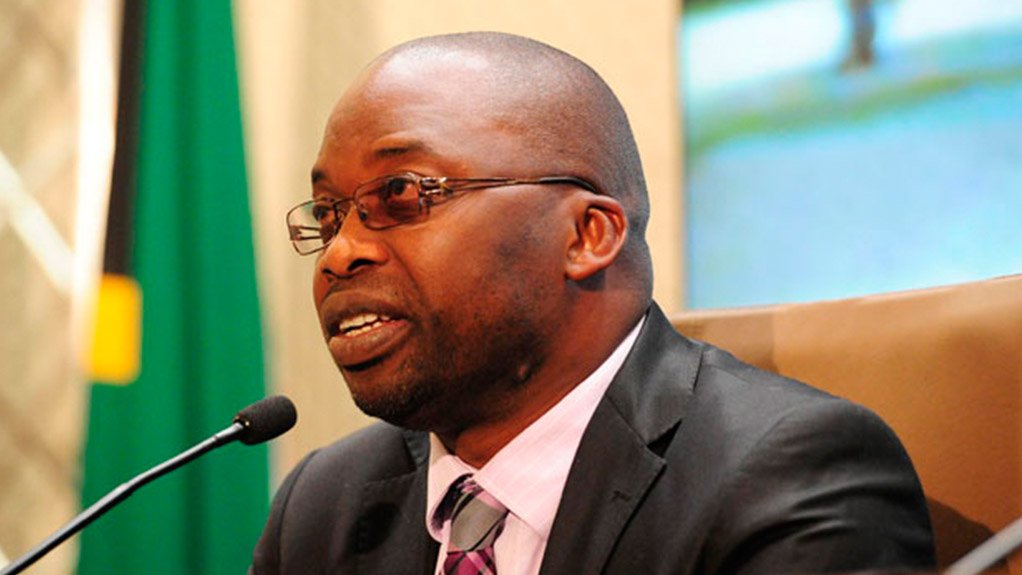The Department of Justice and Correctional Services will continue with its efforts to ensure transformation of the justice system by addressing race and gender imbalances.
Several progammes have been put in place to attract more women into the justice system. From one black judge in 1994, the country is currently standing at 155 black judges out of a total of 243.
Despite this, department's Minister Michael Masutha said this was not enough.
“We remain concerned that despite the resolute effort of my predecessors, the underrepresentation of women on the bench remains a challenge,” he said, during a pre-Budget Vote briefing on Tuesday.
Allocation of legal work and briefs to legal practitioners is one area where there is almost a complete absence of women, the minister said.
During this administration, Masutha said they will continue to identify and support programmes that are intended to encourage active participation of women in the legal sphere.
“We will identify programmes which will encourage women, especially from historically disadvantage areas to partake in such programmes.”
The reforms would particularly affect the fields of constitutional litigation, competition law, aviation and social and economic transformation.
New courts
A total of 45 new courts were built in the past 20 years – targeting rural areas and historically neglected areas.
New courts – which are more modernised – are planned for the Limpopo and Mpumalanga Divisions of the High Court, which will start operations in 2015 and 2016, respectively.
Masutha said they are working with the Department Public Works to reduce the infrastructural development and maintenance backlog with a view to enhancing service delivery through courts.
The department will also continue to introduce the Small Claims Courts model in the remaining magisterial districts.
Masutha said in this financial year, 30 more small claims courts will be established. Small claims courts increased from 68 in 2009 to 293 in 2013/2014.
“We see the small claims court model as an important vehicle through which people can access justice speedily and at no cost.”
Child, spousal maintenance
The department has also seen a turnaround on child and spousal maintenance, with a significant number of payments being processed through Electronic Funds Transfer (EFT).
There are approximately 9.5-million transactions to the value of R3-billion annually.
“Over R2-billion was paid to maintenance beneficiaries, the majority of whom are children in the past three years. The EFT system saves time, costs, and reduces the risk of losing the money to criminals and emotional abuse,” the minister said.
The department has also enhanced the management of the Guardian Fund and improved service to vulnerable members of society, by increasing beneficiaries to 60 675 to the amount of R1.130-billion.
Among other plans to modernise the department will be the acceleration of the Paperless Estate Administration System (PEAS) and Paperless Estate Administration of Trust System (PEAST) which are intended to improve the deceased estate reporting system.
This modernisation approach is cost effective and improves service delivery.
Strengthening the judiciary
The department has also done much to strengthen the independence of the judiciary.
This by introducing several enactment of the Constitution Seventeenth Amendment Act, the Superior Courts Act and more recently the Legal Practice Bill.
Masutha believes that these pieces of legislation will strengthen the independence of the judiciary and position the office of the Chief Justice correctly as the head of the judiciary.
EMAIL THIS ARTICLE SAVE THIS ARTICLE
To subscribe email subscriptions@creamermedia.co.za or click here
To advertise email advertising@creamermedia.co.za or click here











